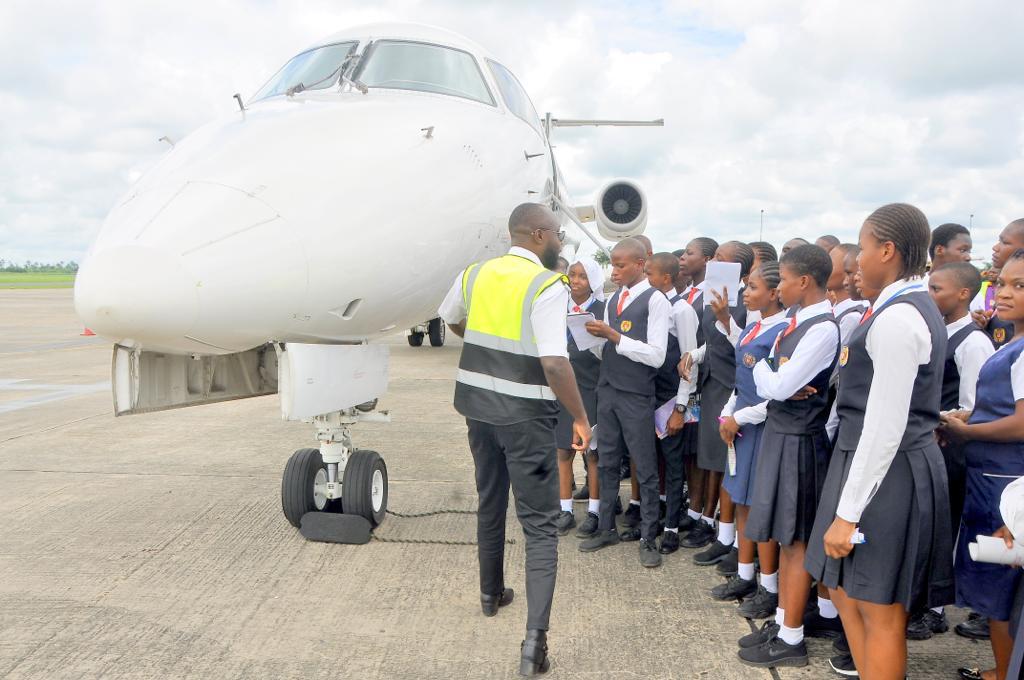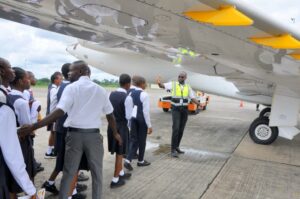
Are you ready to turn your passion for flying into a rewarding career? Pilot career training offers an exciting opportunity to embark on a journey towards becoming a skilled aviator. In this comprehensive guide, we’ll explore the world of pilot training, from selecting the right program to taking to the skies as a licensed pilot.
Understanding Pilot Career Training
Pilot career training is a structured program designed to provide aspiring pilots with the necessary knowledge and skills to operate aircraft safely and efficiently. From learning the fundamentals of flight theory to mastering advanced navigation techniques, pilot training covers a wide range of topics essential for a successful career in aviation.
Choosing the Right Training Program
With countless pilot training programs available, finding the right fit for your goals and aspirations is crucial. Consider factors such as the reputation of the training school, the qualifications of the instructors, the curriculum offered, and the availability of hands-on experience. Researching and visiting potential training facilities can help you make an informed decision. In this informative blog post, we’ll delve into the key factors to consider when choosing a training program for your pilot career.
1. Accreditation and Reputation
When researching training programs, prioritize those that are accredited by recognized aviation authorities. Accreditation ensures that the program meets stringent standards for safety and quality education. Additionally, consider the reputation of the training school within the aviation community. Look for schools with a track record of producing skilled and successful pilots.

2. Curriculum and Course Structure
Evaluate the curriculum and course structure of each training program to ensure it aligns with your learning preferences and career goals. A well-rounded curriculum should cover essential topics such as flight theory, aircraft systems, navigation, meteorology, and aviation regulations. Look for programs that offer a balance of classroom instruction, flight simulation, and hands-on flying experience.
3. Qualified Instructors
The expertise and experience of the instructors play a significant role in the quality of pilot training. Seek out programs staffed by qualified and experienced flight instructors who are dedicated to student success. Instructors should not only possess strong technical knowledge but also excellent communication skills to effectively convey complex concepts to students.

4. Training Facilities and Resources
Consider the training facilities and resources available at each program. State-of-the-art flight simulators, well-maintained aircraft, and modern classrooms enhance the learning experience and better prepare students for real-world flying conditions. Additionally, inquire about the availability of training resources such as study materials, computer-based training programs, and access to aviation libraries.
5. Hands-On Experience and Flight Hours
Hands-on experience is essential for developing the practical skills and confidence needed to become a proficient pilot. Look for programs that offer ample opportunities for flight hours and practical training in various weather conditions and aircraft types. The more flying experience you gain during your training, the better prepared you’ll be for the challenges of a pilot’s career.
6. Career Placement Assistance
Some training programs offer career placement assistance to help graduates secure employment opportunities upon completion of their training. Consider programs that provide job placement services, networking opportunities with aviation industry professionals, and assistance with resume writing and interview preparation. A strong support system can significantly enhance your chances of launching a successful pilot career.
Navigating the Training Process
Pilot training typically consists of a combination of ground school and flight training. Ground school covers essential topics such as aerodynamics, aviation regulations, weather theory, and navigation principles. Flight training allows students to apply theoretical knowledge to practical flying exercises under the guidance of certified flight instructors.
Conclusion: Soar to New Heights with PBJet Charter
As you embark on your journey with pilot career training, remember that the sky is the starting point. With PBJet Charter as your partner in education, your dreams of becoming a skilled pilot will become a reality. Our team of experienced instructors is committed to providing you with the knowledge, skills, and support you need to succeed in the aviation industry. So why wait? Take the first step towards your future in flight with PBJet Charter today. Your adventure awaits! At PBJet Charter, we believe in providing our students with the best possible learning environment. Reach out to us today.
